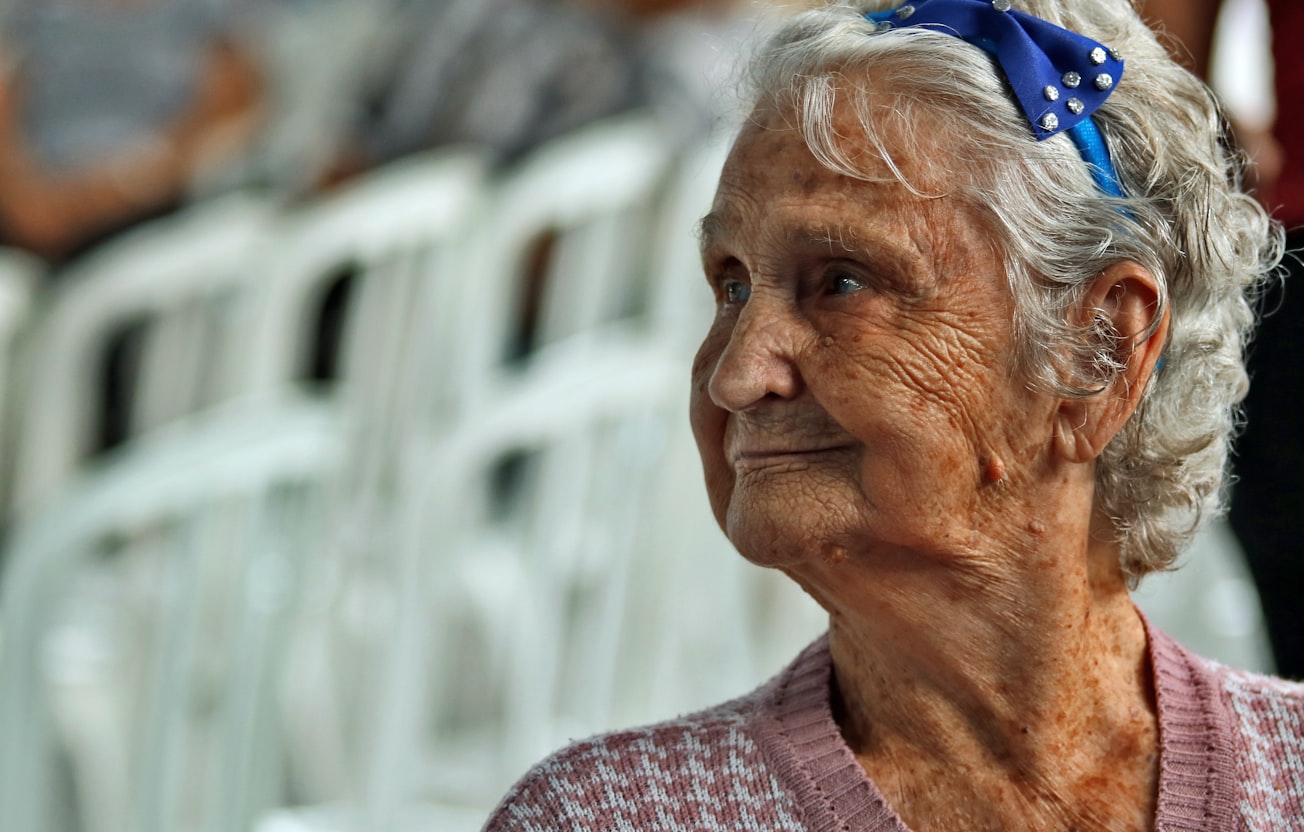What is it about?
Older people account for an increasing proportion of those receiving NHS acute care. The quality of health care delivered to older people has come under increased scrutiny. Healthcare assistants (HCAs) provide much of the direct care of older people in hospital. Patients’ experience of care tends to be based on the relational aspects of that care including dignity, empathy and emotional support. We aimed to understand the relational care training needs of HCAs caring for older people, design a relational care training intervention for HCAs and assess the feasibility of a cluster randomised controlled trial to test the new intervention against HCA ‘training as usual’ (‘TAU’).
Featured Image

Photo by Vladimir Soares on Unsplash
Why is it important?
“In shifting attention towards ‘relationship-centred’ care rather than person-centred care, emphasis is placed on care interactions (two-way) rather than on an oversimplified view of individual needs (one way). Although few would argue against patient-centred or relationship-centred care being of fundamental importance in how patients are cared for, there is a lack of clarity among staff at all levels as to what this actually means in practice”
Perspectives
“There is evidence that patients judge the quality of the care they receive in terms of the relational aspects of care, that include dignity, empathy and emotional support as distinct from functional or transactional aspects of care” “Relational care needs to be incorporated into other physical care tasks, and care can only be personal and individual if the person being cared for is known as an individual rather than as a patient” “HCAs acknowledge that their work is more rewarding when they have greater knowledge about the lives of the people they care for”
Dr Elaine Argyle
University of Nottingham
Read the Original
This page is a summary of: Can healthcare assistant training improve the relational care of older people? (CHAT) A development and feasibility study of a complex intervention, British Journal of Healthcare Assistants, June 2022, Mark Allen Group,
DOI: 10.12968/bjha.2022.16.6.301.
You can read the full text:
Contributors
The following have contributed to this page







